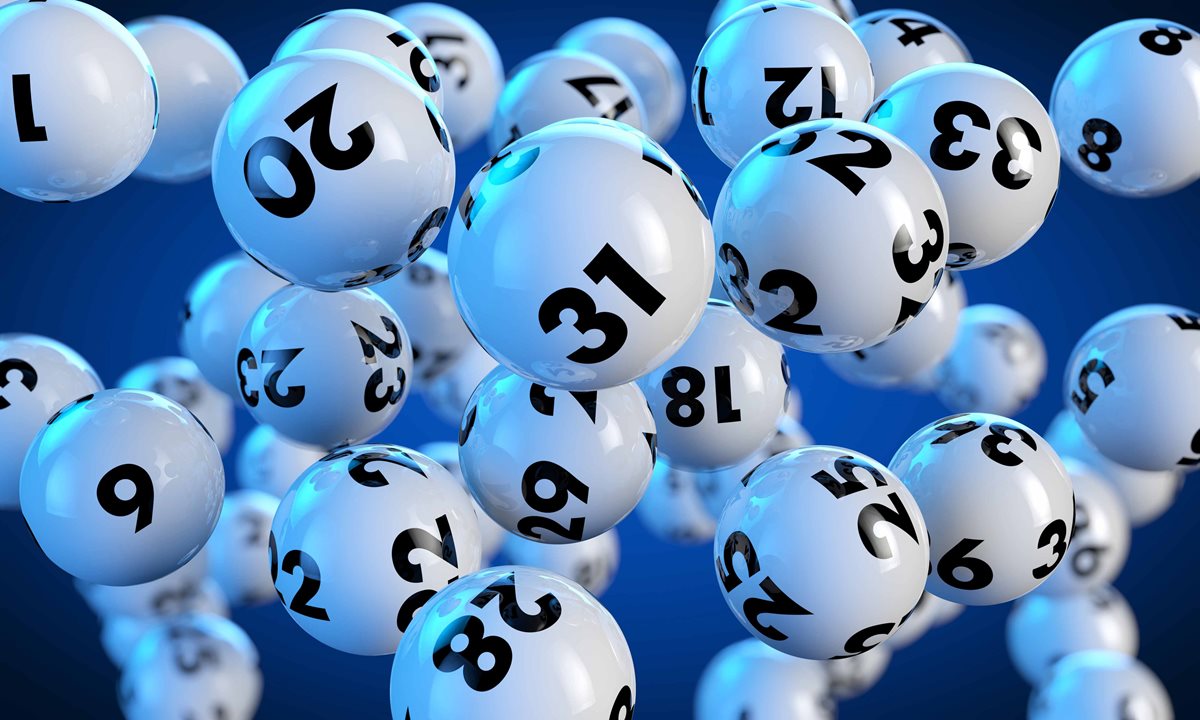
A lottery is a form of gambling wherein participants pay for the chance to win a prize. The prizes can range from cash to goods and services. In some cases, the prize can even be a house. Lotteries are a popular way to raise money and are often used for charitable purposes. They can also be a source of public entertainment.
The first known lottery was organized by the Roman Empire to raise money for the city of Rome. Initially, tickets were given out to guests at dinner parties and the winners would be presented with fancy items such as dinnerware. This type of lottery was a precursor to modern lotteries. Modern European lotteries appeared in the 15th century, with towns attempting to raise funds for defending their cities or aiding the poor. Generally, the prize fund is a fixed amount of cash or goods. However, some lotteries allow purchasers to select their own numbers or combinations of numbers. This allows more people to participate, which increases the chances of winning.
Although the lottery has been criticized as an addictive form of gambling, it is still an important tool for raising money for certain social and public goods. These include financial, housing, education, and other programs. These lottery programs are a good alternative to taxes and other forms of debt financing. These are usually administered by a government, though private companies may offer them as well.
Financial lotteries are games in which players buy tickets for a particular set of numbers, either from a machine or manually. They can then win the jackpot if all of their numbers match those randomly selected by a machine or other means. Many countries have legalized these games to help finance public goods and reduce the burden of taxation.
Most people who play the lottery know they are unlikely to win. Yet they continue to play because of an inherent desire to improve their lives. This is a dangerous and delusional mindset, and it is no surprise that lottery plays are disproportionately bought by the lower-income, less educated, nonwhite, and male populations of the United States.
While some people do use math-based strategies to try to increase their odds of winning, most simply buy more tickets. This can slightly improve the odds, but it is no guarantee that you will win. In addition, it is important to keep your ticket somewhere safe and check the results after the drawing. If you’re unsure whether the results are accurate, you can always contact the state lottery for more information.